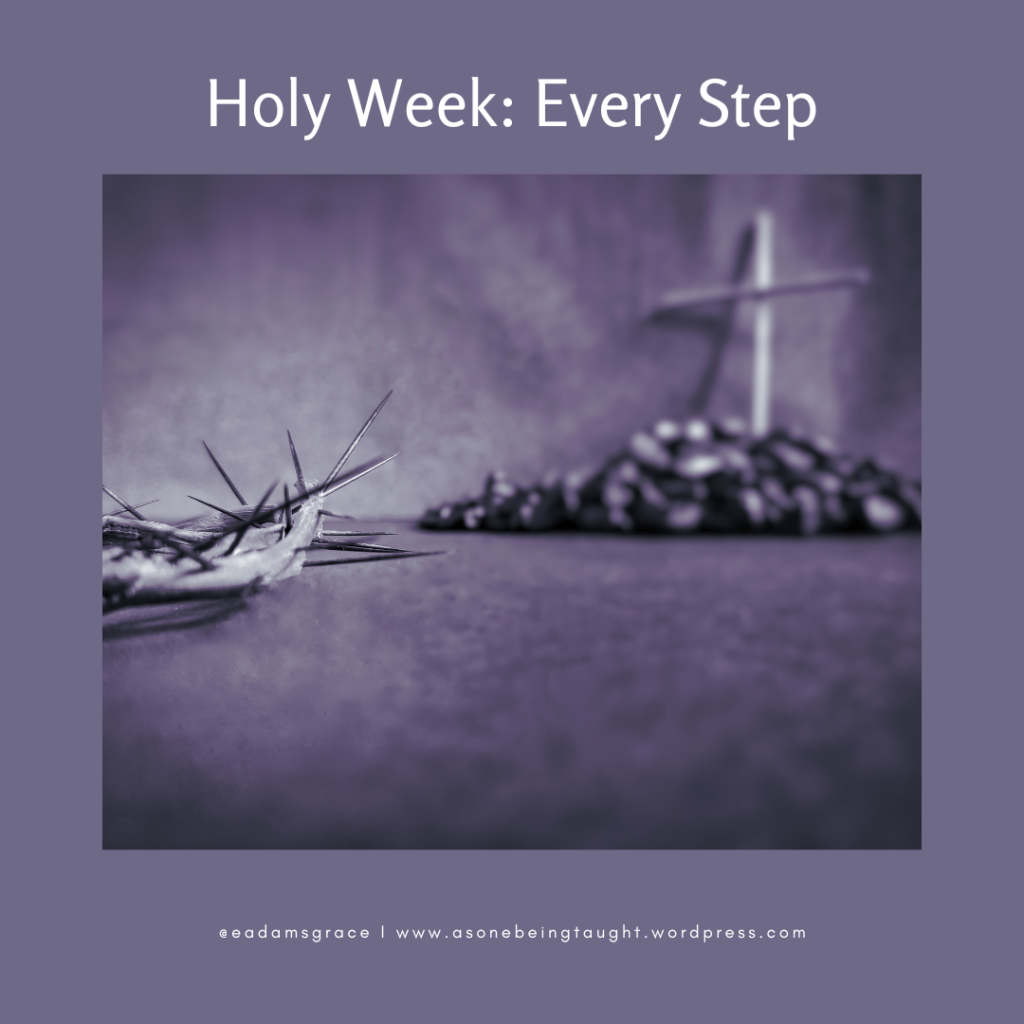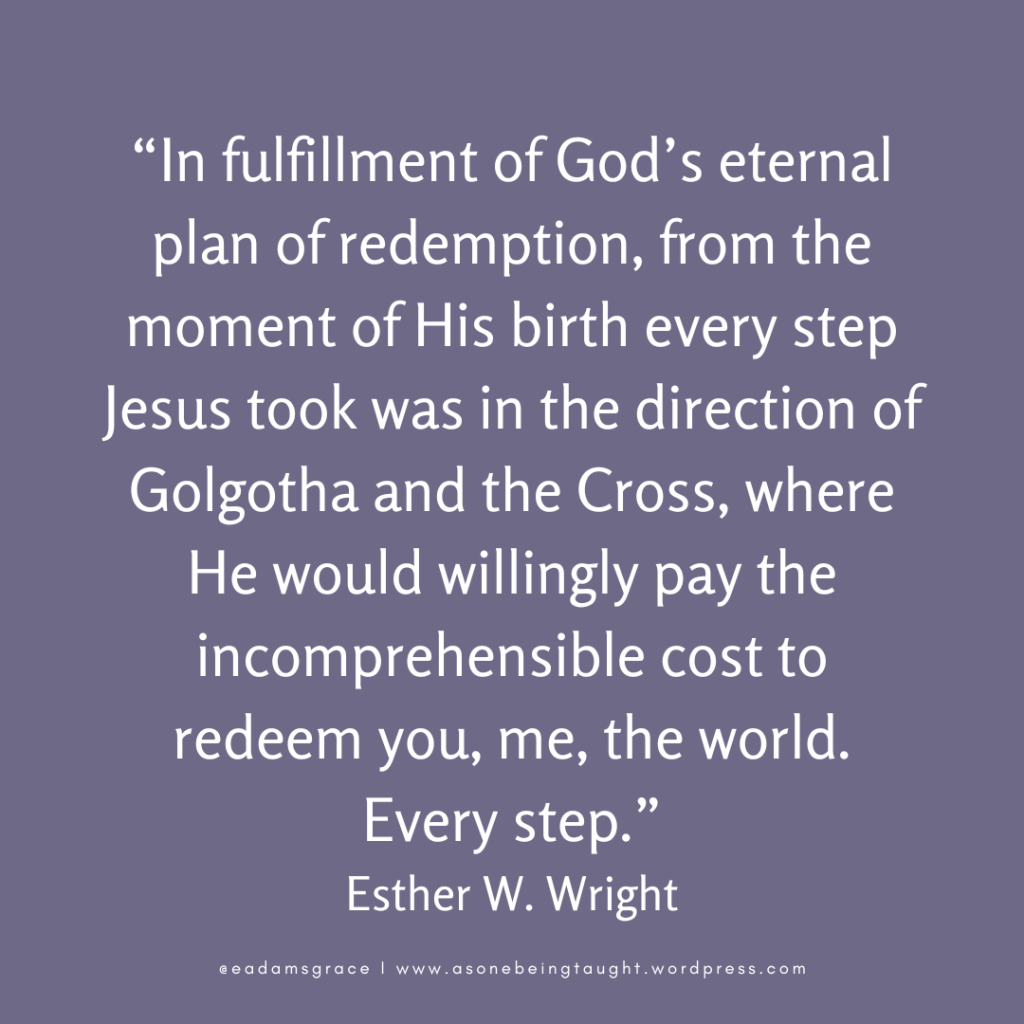
Today’s blog post is based on Episode 2 of Season 12 of the Written Spoken Podcast. You can listen to the episode by clicking here or via the link at the end of the blog post.
-//-
First song. The first song recorded in the Bible is found in Exodus 15:1-18 (NKJV). This song will be our focus but, I will note, although it is the first song recorded it is not the first time singing occurs in the Bible. Job 38:7 informs us there was singing at creation. I recommend reading verses 1 to 7 for context.
Moses is identified as the author of the first song recorded in the Bible. The newly liberated children of Israel sang this song after God destroyed all “the chariots, the horsemen, and all the army of Pharaoh that came into the sea after them. Not so much as one of them remained” (Ex. 14:26-30 NKJV).
Let us read the song together:
Then Moses and the children of Israel sang this song to the Lord, and spoke, saying:
“I will sing to the Lord,
For He has triumphed gloriously!
The horse and its rider
He has thrown into the sea!
The Lord is my strength and song,
And He has become my salvation;
He is my God, and I will praise Him;
My father’s God, and I will exalt Him.
The Lord is a man of war;
The Lord is His name.
Pharaoh’s chariots and his army He has cast into the sea;
His chosen captains also are drowned in the Red Sea.
The depths have covered them;
They sank to the bottom like a stone.
“Your right hand, O Lord, has become glorious in power;
Your right hand, O Lord, has dashed the enemy in pieces.
And in the greatness of Your excellence
You have overthrown those who rose against You;
You sent forth Your wrath;
It consumed them like stubble.
And with the blast of Your nostrils
The waters were gathered together;
The floods stood upright like a heap;
The depths congealed in the heart of the sea.
The enemy said, ‘I will pursue,
I will overtake,
I will divide the spoil;
My desire shall be satisfied on them.
I will draw my sword,
My hand shall destroy them.’
You blew with Your wind,
The sea covered them;
They sank like lead in the mighty waters.
“Who is like You, O Lord, among the gods?
Who is like You, glorious in holiness,
Fearful in praises, doing wonders?
You stretched out Your right hand;
The earth swallowed them.
You in Your mercy have led forth
The people whom You have redeemed;
You have guided them in Your strength
To Your holy habitation.
“The people will hear and be afraid;
Sorrow will take hold of the inhabitants of Philistia.
Then the chiefs of Edom will be dismayed;
The mighty men of Moab,
Trembling will take hold of them;
All the inhabitants of Canaan will melt away.
Fear and dread will fall on them;
By the greatness of Your arm
They will be as still as a stone,
Till Your people pass over, O Lord,
Till the people pass over
Whom You have purchased.
You will bring them in and plant them
In the mountain of Your inheritance,
In the place, O Lord, which You have made
For Your own dwelling,
The sanctuary, O Lord, which Your hands have established.
“The Lord shall reign forever and ever.”
Romans 15:4 (AMP) states, “For whatever was written in earlier times was written for our instruction, so that through endurance and the encouragement of the Scriptures we might have hope and overflow with confidence in His promises.” What can we learn from the first song recorded in the Bible that can instruct and encourage us and cause us to have hope and overflow with confidence in God’s Promises?
We can learn about who God is, about His character:
Verse 1 – He is LORD (YHWH) and gloriously triumphant.
Verse 2: He is our strength and song. He is our salvation. He is our God who we praise. He is to be exalted.
Verse 3: God is a Warrior. He is the God who fights for His people.
Verse 7: God is the God of excellent greatness.
Verse 11: God has no equal among the gods. God is glorious in holiness. God is fearful in praises.
Verse 12: God is merciful.
We can learn about what God did for His people:
Verse 1 & 4 – 10: He completely destroyed the army, including the elite warriors, of those who had enslaved and oppressed His people.
Verse 2: He saved His people.
Verse 13: In His mercy He led forth the people whom He redeemed. He guided them in His strength to His holy habitation.
We can learn about what God will do:
Verse 17: He will keep His promises. Verse 17 speaks with assurance that God would bring His people into the promised land in keeping with the covenant He made to Abraham when Abraham was still childless (Gen. 15:18).
Verse 18: we can learn that God will reign forever.
This first recorded song in the Bible is all about God, His delivering power and His unparalleled might. There is no human or other focus in this first recorded song.
Moses and the people of Israel sang the first recorded song to God because of what He did for them. If you were to reflect on one of the many, many times you have seen God work on your behalf, what would you say about who God is? About what He has done? About what His action(s) in that situation told you about what He would do in the future? What song would you sing to Him? I encourage you to set aside some time to write and sing your unique song to Him. Remember, it does not matter if you “cannot carry a tune in a bucket.” Sing to God because He deserves praise, and no one can sing your unique song for you.
Prayer: Lord, help us to sing to You, our God, and keep singing to You, no matter what. In Jesus’ Name.





















